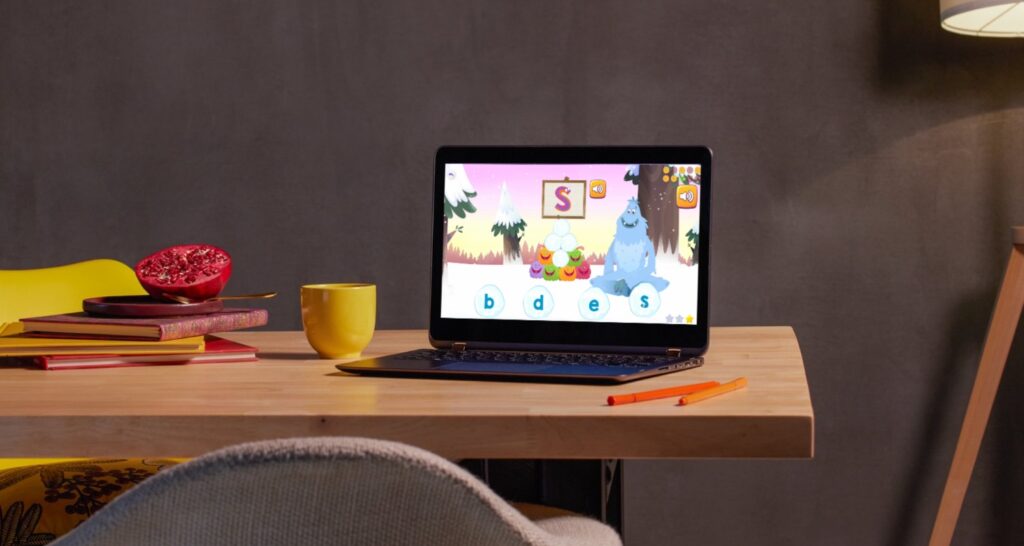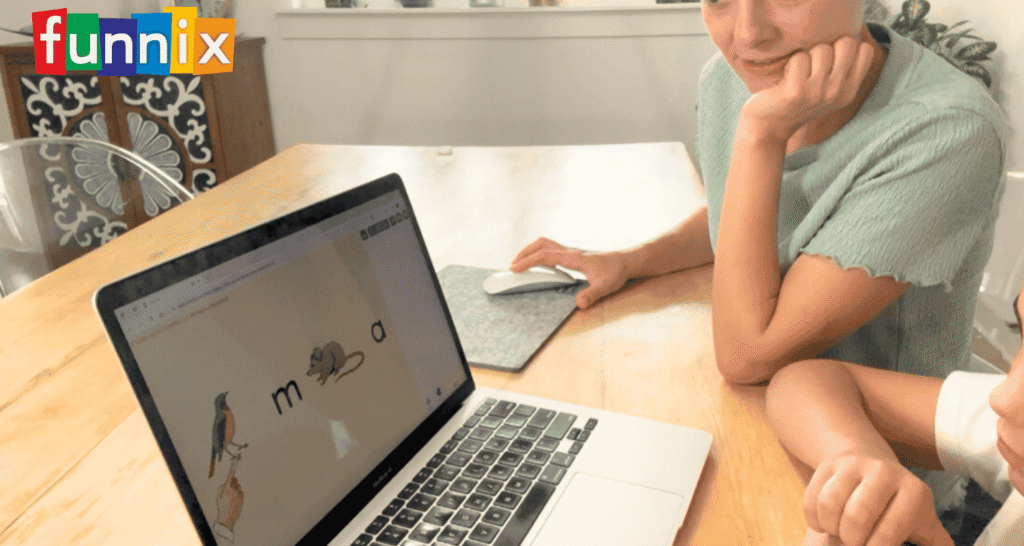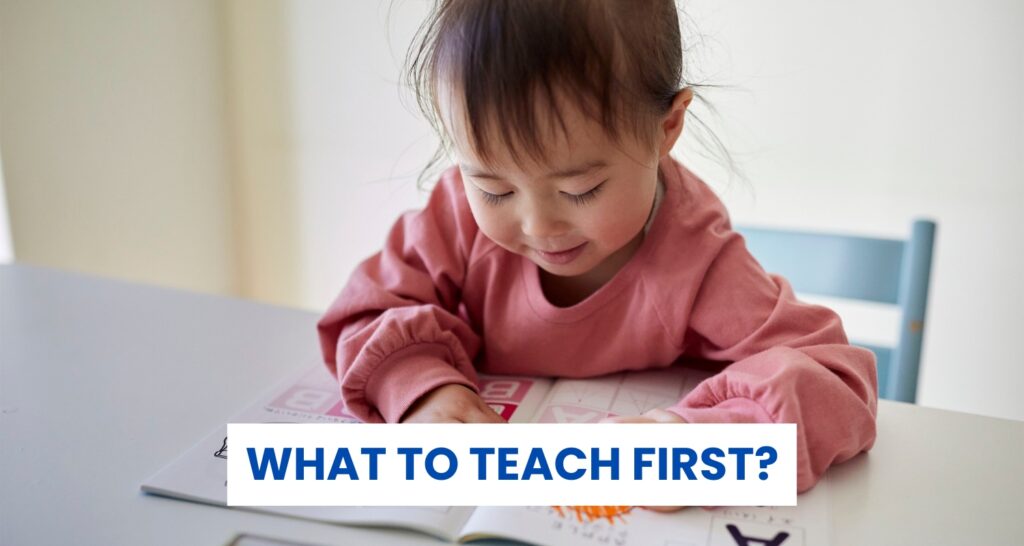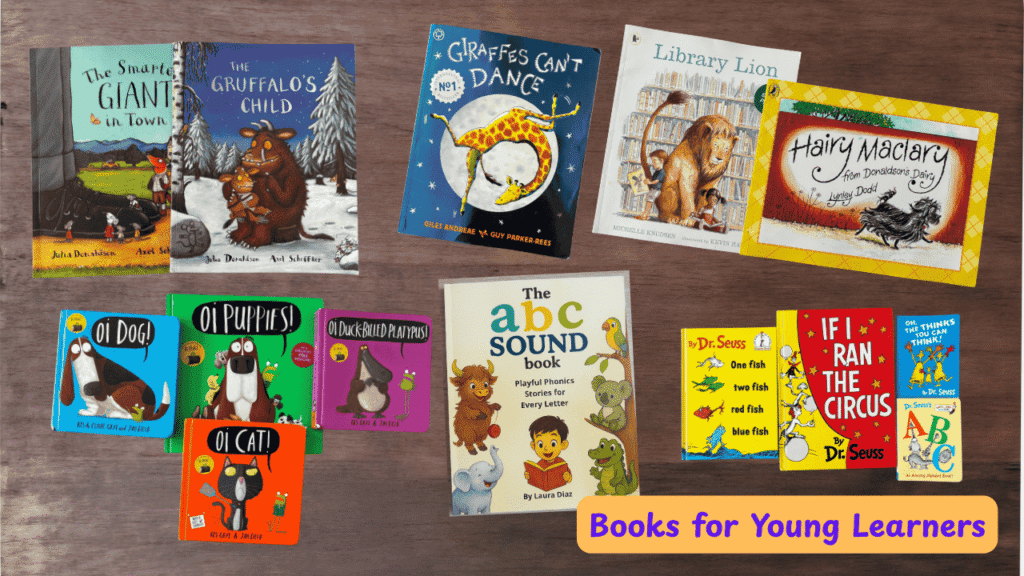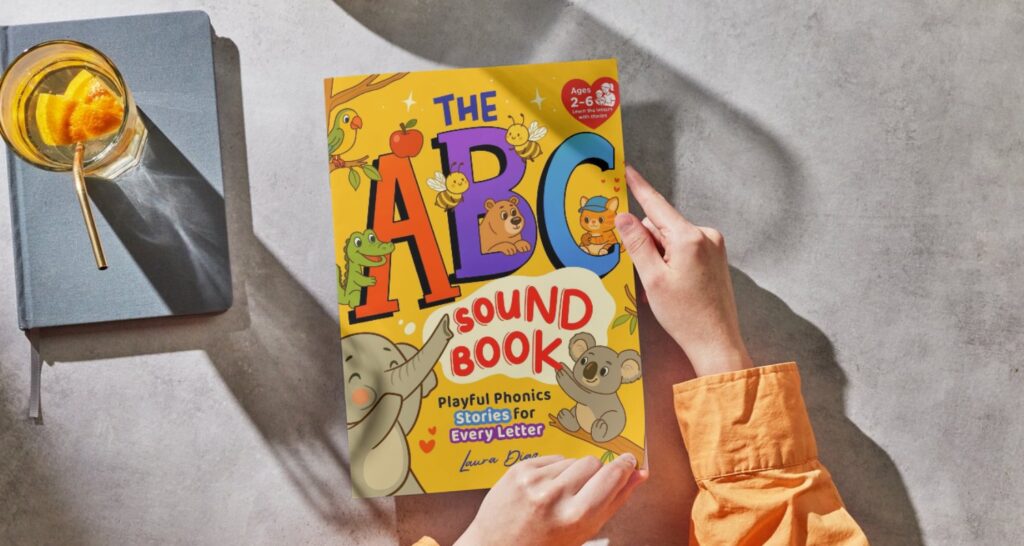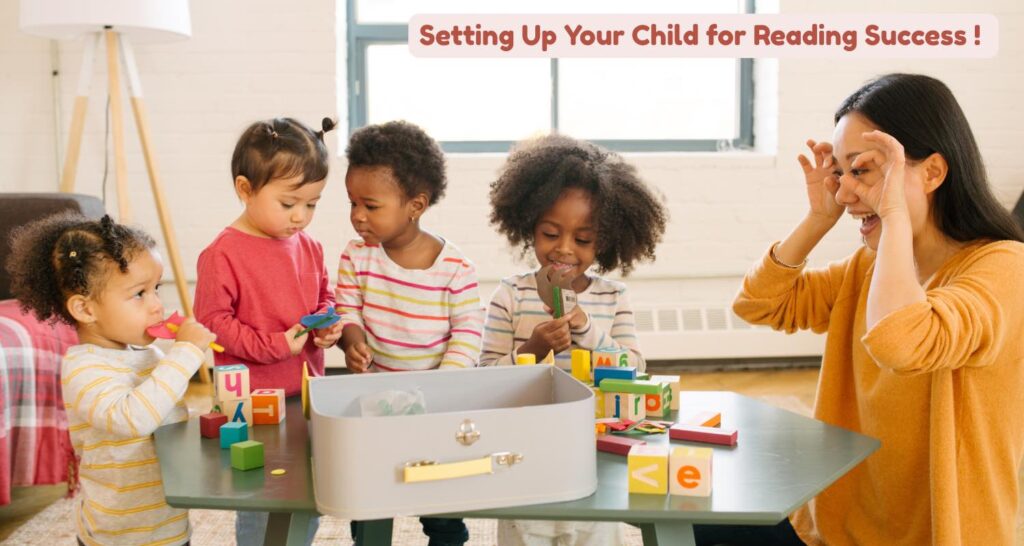From Our Blog…
In a nutshell, what are the steps involved in a system that works?
If you have been disappointed by the Whole Language /Word Approach and/or Balanced approach, do this instead!
And if your child is still young, you are in luck! You can start with this, once you feel he/she is ready for it!
- Set up the right foundation with Phonemic Awareness and Other Pre-Reading Skills
- Start teaching letter names and letter sounds at the same
- Focus on blending sounds using simple words
- Complicate things once your child is ready (letter combinations, patterns, rules…)
- Introduce exceptions and irregularities

Myth Busting
MYth#1: DON't Teach reading earlY!

One of the most common arguments against early reading instruction is that if you start teaching your child to read at a young age, your child will get bored at school.
While this might be true in some cases, you are trading your child not getting bored at school for a distinct cognitive advantage that learning to read at a young age gives to the child. So… What do you prefer?
myth #2: english can't be taught phonetically

Many people still think that since English has many irregularities, phonics is an inefficient way of teaching reading! That belief is actually behind the whole language movement…
And while English phonics is complex (and teaching a little bit of phonics here and there doesn’t work very well) phonics instrucion in systematic way has proven to be the most effective method for teaching reading so far.
MYth#3:Reading is as natural as speaking

Many people still believe that kids can pick up reading naturally if they are sorrounded by books! This belief is based upon an outdated theory that has been invalidated by modern science.
In fact, research on the human brain over the last couple of decades is very clear on this point: We are not naturally wired for learning to read!
Learning to read is about cracking the code. And we need to learn a system to crack it!
myth#4: many poor readers will just catch up

This myth is an extension of the previous one: “Reading is a natural skill, such us speaking”. So, that means that the poor readers will pick up eventually pick up because learning to read is natural. According to those who believe this, in the same way some children learn to speak later, some children learn to read later as well.
Again, this couldn’t be further from the truth. On the contrary, the sooner you spot and support a poor reader, the better!
How Can I Teach My Child to Read?
Are you trying to teach your child to read?
If so, look no further because you’ve landed on the right place!
Maybe you are trying to teach your 5, 6, or 7 year-old child to read? Or, maybe you are just looking for information to begin the journey of teaching a young child to read…
Wherever you are on your journey for supporting your child with reading, the Learning Reading Hub is jam-packed with valuable information and resources for teaching your child to read… In the right way!
This site is a learning-to-read hub (hence, the name) where we provide you the information and tools that you need to teach your child the RIGHT WAY.
You will be empowered information and resources based on SOUND / MODERN science, so you can bring joy to the journey of teaching/supporting a child to read!
So, that is our mission: helping you support your own children (or maybe your students) using strategies and methodologies that REALLY work (short, mid and long-term) and set up the right foundations.
Mentioned by...
Our work has been featured in some media publications, for example…

